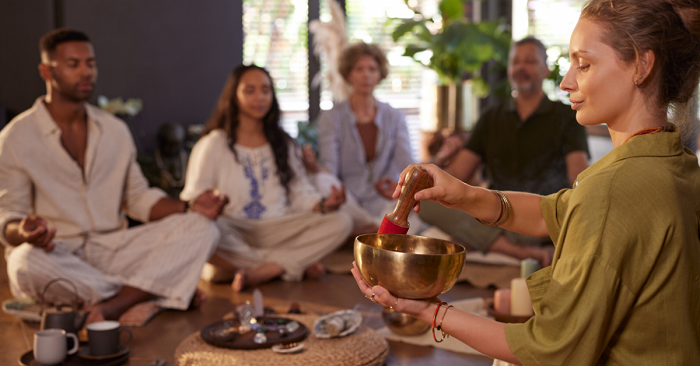
admin
07-11-2025
Panchakarma is one of the most profound detoxification therapies offered in Ayurveda to support the body and mind in releasing built-up toxins and restoring balance in the body. Once the Panchakarma treatment is finished, the body is in an incredibly receptive and sensitive state, like a blank slate that is ready to accept nourishment. For this reason, it’s very important to follow the correct post-Panchakarma diet to ensure that your body receives lasting results and you do not swing back into imbalances once again.
The Reason for Diet After Panchakarma
Your digestive fire (Agni) has been gently revived and restored during Panchakarma. Immediately following the treatment, your body wants to be nourished with light, easy-to-digest foods that will not overwhelm your restored Agni. If you start back having heavy meals, fried foods, or processed foods, you can negate the benefits of your Panchakarma treatment and end up feeling uncomfortable or sluggish.
The purpose of the post-Panchakarma diet is to start reintroducing wholesome foods that continue the detoxification process while building your digestive system back up. In case one faces any kind of allergy or discomfort, one should definitely visit an Ayurvedic clinic in Delhi.
The Perfect Post-Panchakarma Diet Plan
Long-Term Eating Practices
Post-Panchakarma is not only for a temporary change in diet but also an invitation to make a shift to a more ancient, mindful, or common-sense approach to eating. Incorporate seasonal fruit, cooked vegetables, and ghee in moderate amounts. In a calm setting, avoid overeating. With time, you will maintain the light, clarity, and vibrance you gained through Panchakarma.
If you have completed panchakarma treatments in Delhi, it is a good idea to continue doing ongoing care with a practitioner who is experienced in the treatment. Regularly checking in with a trusted ayurvedic clinic can guide you in tailoring your diet and herbal care to your dosha type and continue to enhance your health.
Frequently Asked Questions
Q1. How long do I stay on the Panchakarma diet?
A1. Generally, you want to stick to the post-Panchakarma diet for one to two weeks but it is also great to bring the principles of the food into your life long-term.
Q2. Can I eat fruit after Panchakarma?
A2. Yes, but it is best to start with soft, digestible fruit such as bananas, papayas, or stewed apples. In the first couple days, limit your intake of sour and acidic fruits.
Q3. Do I have to see an Ayurvedic doctor after Panchakarma?
A3. Yes. It is important to visit with a practitioner regularly because they can continue to monitor your body responses and adapt your food and lifestyle habits as needed. This is a way to continue the benefits of the Panchakarma cleanse.